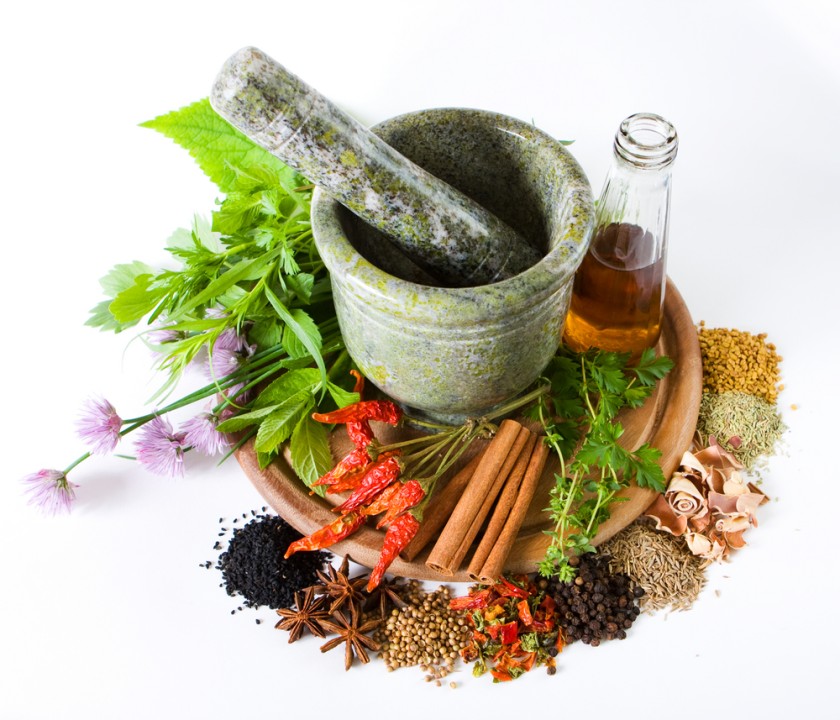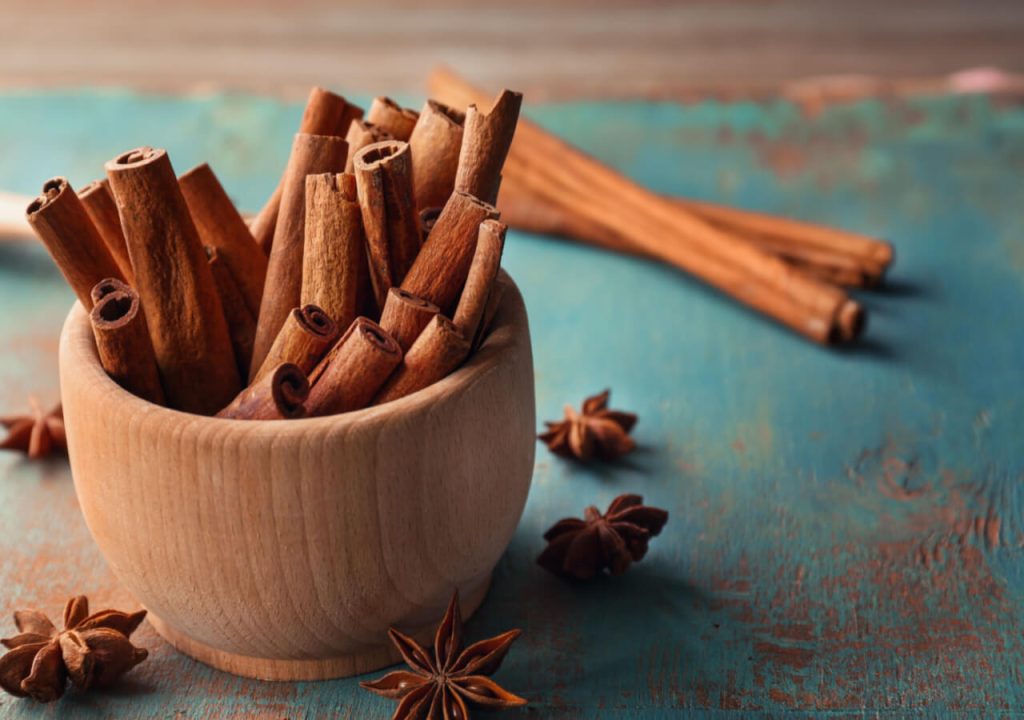Cinnamon, a fragrant spice derived from the bark of the Cinnamomum tree, has been widely used in traditional medicine systems for centuries. Beyond its culinary uses, cinnamon has also found a place in alternative therapies.
This article delves into the potential benefits and applications of cinnamon in alternative therapies, exploring its use in aromatherapy, essential oil blends, and other unconventional practices. By examining scientific research and traditional knowledge, we aim to provide a comprehensive overview of cinnamon’s role in promoting relaxation, stress relief, and overall well-being.
Historical Background of Cinnamon in Alternative Therapies

Cinnamon has a long history of use in alternative therapies, dating back thousands of years. The spice has been highly valued for its aromatic flavor and medicinal properties in various cultures around the world. Its historical background in alternative therapies can be traced through different civilizations and traditional healing practices.
One of the earliest mentions of cinnamon can be found in ancient Egyptian texts, where it was used as a component in embalming rituals due to its preserving properties. In Ayurvedic medicine, a traditional system of medicine in India, cinnamon was utilized to treat a range of ailments, including digestive disorders, respiratory problems, and menstrual issues. The spice was believed to have warming and stimulating effects on the body, promoting circulation and vitality.
Cinnamon also played a significant role in ancient Chinese medicine. It was considered to have “hot” properties and was used to balance “cold” conditions in the body. Chinese healers used cinnamon to treat conditions such as diarrhea, nausea, and cold-related ailments.
During the Middle Ages, cinnamon became highly prized in Europe and the Arab world. It was imported from the Far East and was considered a luxury spice. In addition to its culinary uses, cinnamon was used in traditional herbal remedies for digestive complaints, coughs, and colds.
In modern times, scientific research has shed light on the potential health benefits of cinnamon. It has been found to have anti-inflammatory, antioxidant, and antimicrobial properties. Cinnamon has been studied for its potential to regulate blood sugar levels, improve insulin sensitivity, and aid in managing diabetes. It has also shown promise in reducing cholesterol levels and supporting cardiovascular health.
The Effects of Cinnamon on Liver Health: Debunking Myths and Examining the Evidence
Today, cinnamon continues to be widely used in alternative therapies. It is often incorporated into herbal remedies, essential oils, and dietary supplements. However, it’s important to note that while cinnamon has many potential benefits, it should be used in moderation and in consultation with a healthcare professional, especially for individuals with specific medical conditions or taking medications that may interact with cinnamon compounds.
Cinnamon in Aromatherapy

Cinnamon is a popular ingredient in aromatherapy due to its warm and comforting scent. Its aroma is often associated with feelings of warmth, relaxation, and coziness.
In aromatherapy, cinnamon essential oil is extracted from the bark or leaves of the cinnamon tree and used for its therapeutic properties.
The scent of cinnamon is believed to have mood-enhancing effects, promoting relaxation and reducing stress and anxiety. It is often used in aromatherapy to create a soothing and comforting environment. The warm and spicy aroma of cinnamon can help create a sense of warmth and security, making it a popular choice during colder seasons or in times of emotional turmoil.
Cinnamon essential oil is also known for its stimulating properties. It is believed to invigorate the senses and increase alertness and focus. The scent of cinnamon can help improve mental clarity and concentration, making it useful for studying or working on challenging tasks.
Furthermore, cinnamon essential oil is often used for its antibacterial and antifungal properties. It can be diffused in the air to help purify the environment and eliminate airborne pathogens. The oil can also be used topically, but it should be appropriately diluted to avoid skin irritation.
When using cinnamon essential oil in aromatherapy, it is important to remember that it is highly concentrated and should be used with caution. It is recommended to dilute it in carrier oil before applying it to the skin or use a diffuser to disperse the scent in the air. Additionally, individuals with sensitive skin or respiratory conditions should exercise caution and consult with a qualified aromatherapist or healthcare professional before using cinnamon essential oil.
Cinnamon essential oil blends well with a variety of other essential oils, creating unique and enticing aromas. These blends can be used in aromatherapy to enhance mood, promote relaxation, or provide other therapeutic benefits.
Also Read – Exploring the Remarkable Benefits of Cinnamon Oil
Here are a few popular cinnamon essential oil blends:
Cinnamon and Orange: The warm and spicy aroma of cinnamon pairs beautifully with the bright and uplifting scent of orange. This blend creates a delightful and energizing fragrance, promoting feelings of positivity and happiness. It is often used to uplift the mood and create a cheerful atmosphere.
Cinnamon and Lavender: Cinnamon’s warmth and calming properties result in a soothing blend. This blend can help reduce stress and anxiety while promoting relaxation and restful sleep. It is often used in relaxation rituals or before bedtime.
Cinnamon and Eucalyptus: This blend combines cinnamon’s stimulating properties with the invigorating scent of eucalyptus. It can help clear the mind, improve focus, and provide a refreshing aroma. This blend is particularly beneficial during times of low energy or mental fatigue.

Cinnamon and Frankincense: The combination of cinnamon and frankincense creates a rich and earthy fragrance. This blend is known for its grounding and centering effects, helping to promote a sense of stability and spiritual connection. It is often used in meditation practices or during times of introspection.
Cinnamon and Vanilla: The sweet and comforting scent of vanilla blends harmoniously with the warm and spicy aroma of cinnamon. This combination creates a cozy and inviting fragrance that can help reduce stress and create a soothing atmosphere. It is often used during self-care routines or to create a warm and welcoming environment.
When creating cinnamon essential oil blends, it is important to use high-quality oils and dilute them properly before use. Each essential oil has its own potency and recommended dilution guidelines, so it is advisable to follow the instructions provided by reputable sources or consult with a qualified aromatherapist.
Is Cinnamon a Mood Enhancer?
Cinnamon is believed to act as a mood enhancer due to its warm and comforting aroma. Its scent can create a cozy and inviting atmosphere, promoting feelings of relaxation and happiness. The warm and spicy fragrance of cinnamon can help uplift the mood, reduce stress, and create a sense of well-being. Whether used in aromatherapy through diffusers or in scented candles, the aroma of cinnamon is often sought after to create a positive and uplifting environment.

Conclusion :
Moreover, cinnamon plays a significant role in aromatherapy, enhancing mood, promoting relaxation, and providing a sense of comfort and well-being. Its warm and comforting scent makes it a popular choice for creating a soothing environment for meditation and mindfulness practices.
While cinnamon offers promising therapeutic potential, it is crucial to exercise caution and seek professional advice, especially for individuals with specific medical conditions or those taking medications that may interact with cinnamon compounds. Proper dosage, dilution, and usage guidelines should be followed to ensure safety and effectiveness.
Overall, as our understanding of cinnamon’s therapeutic properties continues to evolve, it holds promise as a valuable ingredient in alternative therapies, offering natural and holistic approaches to health and well-being. Further research and exploration of cinnamon’s therapeutic potential will contribute to expanding our knowledge and applications in alternative medicine.
Also Read – The Effects of Cinnamon on Liver Health: Debunking Myths and Examining the Evidence
